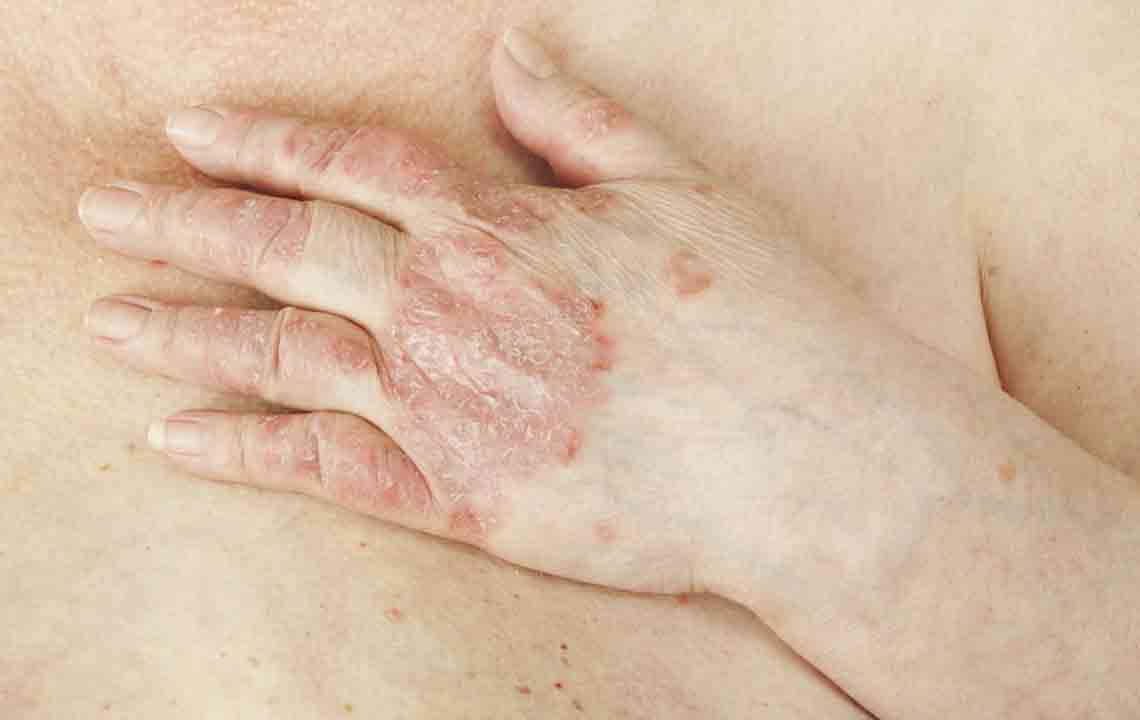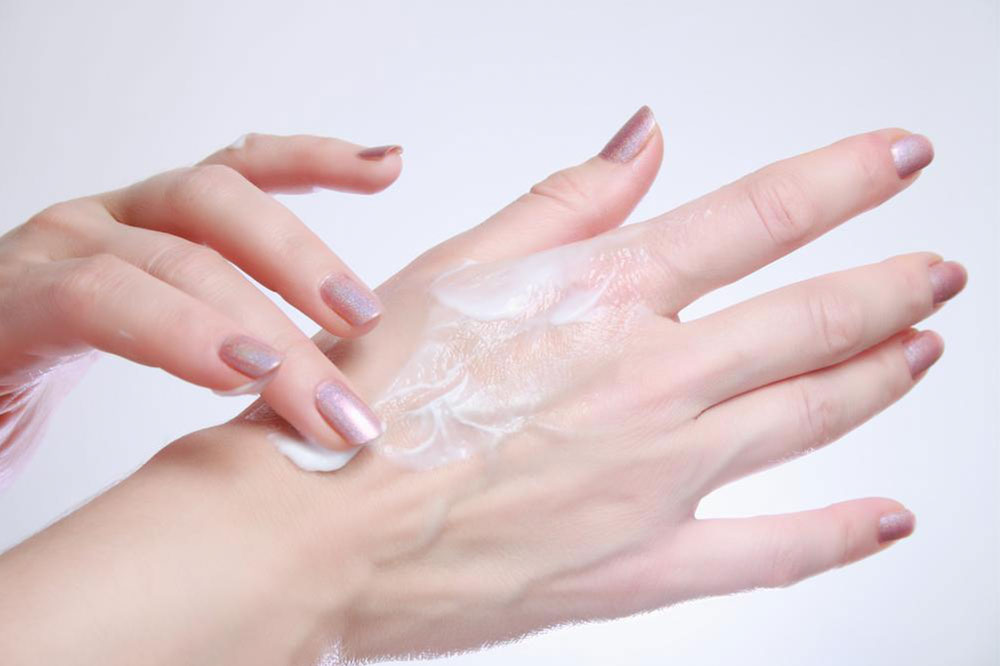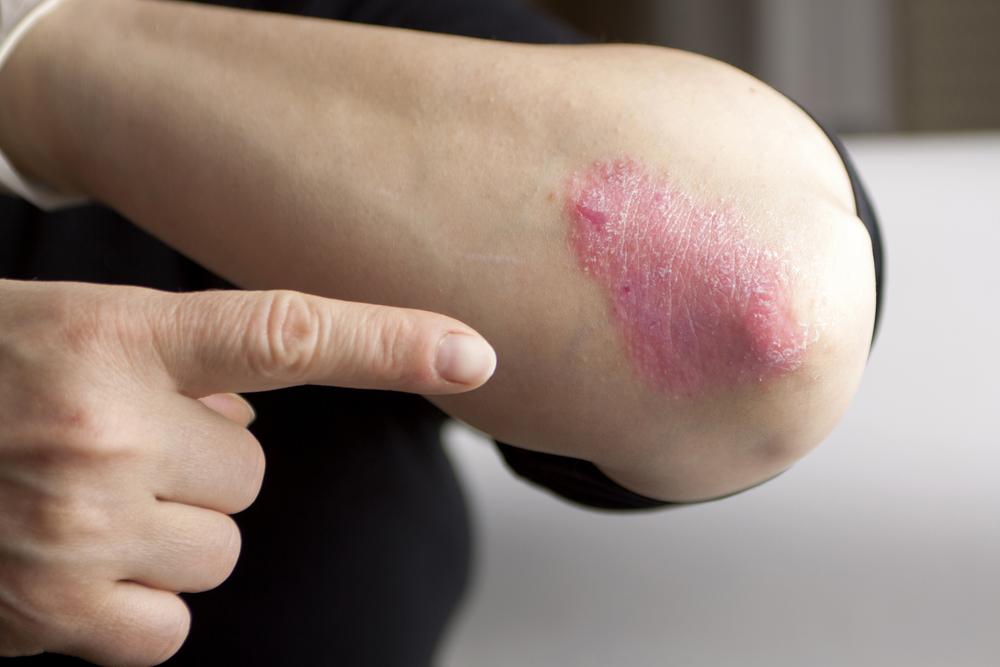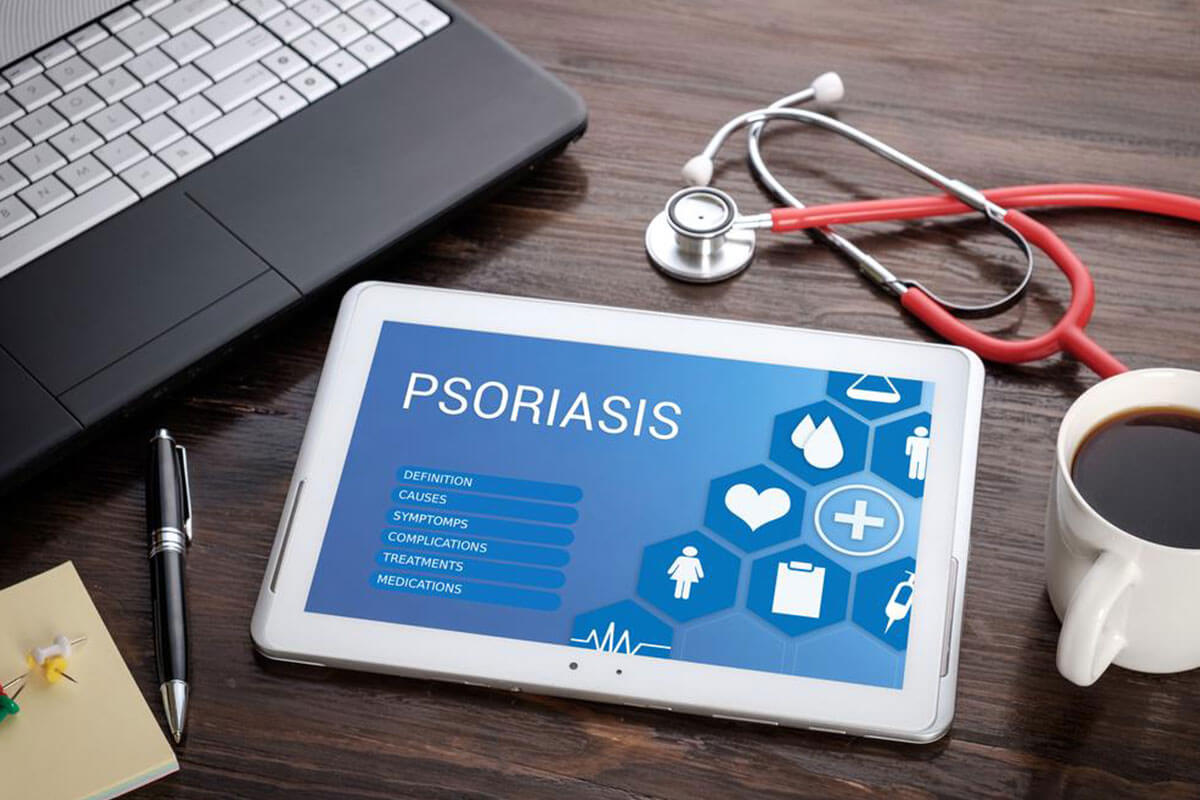Comprehensive Guide to Psoriasis: Types and Natural Management Strategies
This article explores various types of psoriasis and effective home remedies alongside standard treatments. It highlights natural approaches like moisturizing, oatmeal baths, and topical applications such as aloe vera and turmeric. The piece also discusses prescribed creams and the importance of ongoing management to control flare-ups and improve skin health. Combining natural remedies with medical treatments can offer significant relief and enhance quality of life for psoriasis sufferers.
Sponsored
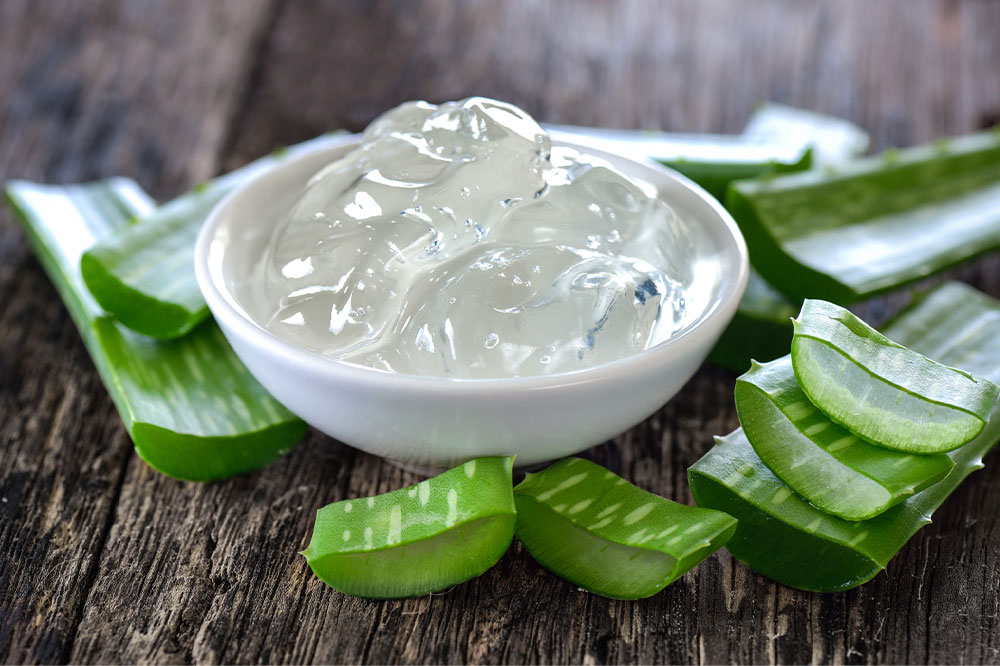
Understanding Psoriasis: Variants and Home Remedies
Psoriasis is an autoimmune disorder marked by red, flaky patches on the skin, commonly appearing on the scalp, knees, and lower back. Symptoms like itching, burning, pain, and the presence of silvery scales are typical. Treatment options include topical creams, light therapy, and biological drugs to manage discomfort.
Psoriasis Variants
Although its exact cause remains unknown, researchers believe an overactive immune system mistakenly attacks healthy skin cells, leading to this condition.
The condition can worsen due to triggers like stress or infections. The main forms include:
Plaque Psoriasis - The most common, making up 80-90% of cases, characterized by red patches covered with silvery scales.
Guttate Psoriasis - Tiny, pinkish-red spots often beginning in youth or childhood, frequently linked to strep infections.
Pustular Psoriasis - Involves red skin with white, pus-filled blisters, which can spread and cause discomfort, dehydration, and electrolyte imbalances.
This form might affect specific areas or spread broadly, causing itching and skin distress. Scalp psoriasis manifests as red, flaky, itchy patches. Some individuals experience multiple types simultaneously.
Natural Remedies for Psoriasis Symptoms
Hydrate Skin - Regular moisturizing can reduce itchiness and redness, especially after bathing with gentle, fragrance-free products.
Oatmeal Baths - Adding colloidal oatmeal to bathwater soothes inflamed, itchy skin. Soak for 15-20 minutes, then gently dry.
Apple Cider Vinegar - Diluted apple cider vinegar applied with a cotton ball may help soothe irritation and reduce inflammation.
Curcumin - Consuming or topical application of turmeric may decrease inflammation due to its natural anti-inflammatory properties.
Aloe Vera - Applying pure aloe vera gel can moisturize and calm irritated skin regions.
Sun Exposure - Controlled sunlight exposure might alleviate symptoms, but avoid sunburns which can worsen the condition.
It’s important to note that natural treatments are best used alongside prescribed medicines for faster relief.Prescription Psoriasis Treatments
Topical Steroids - Anti-inflammatory creams that reduce redness and itching, typically applied once or twice daily.
Vitamin D Analogues - Help slow skin cell growth and decrease inflammation when applied directly to affected areas.
Salicylic Acid - A keratolytic agent that helps peel away scales and thickened skin, often used with other treatments.
Calcineurin Inhibitors - Used mainly for sensitive regions like the face to suppress immune response and minimize inflammation.
While no cure exists, ongoing therapy can reduce symptoms and prevent flare-ups. Treatment duration varies based on individual response, with some experiencing quick improvements and others requiring months of care. Maintaining consistent treatment and combining natural remedies can significantly enhance quality of life, along with relaxation techniques like yoga, meditation, and acupuncture to manage stress and inflammation.
